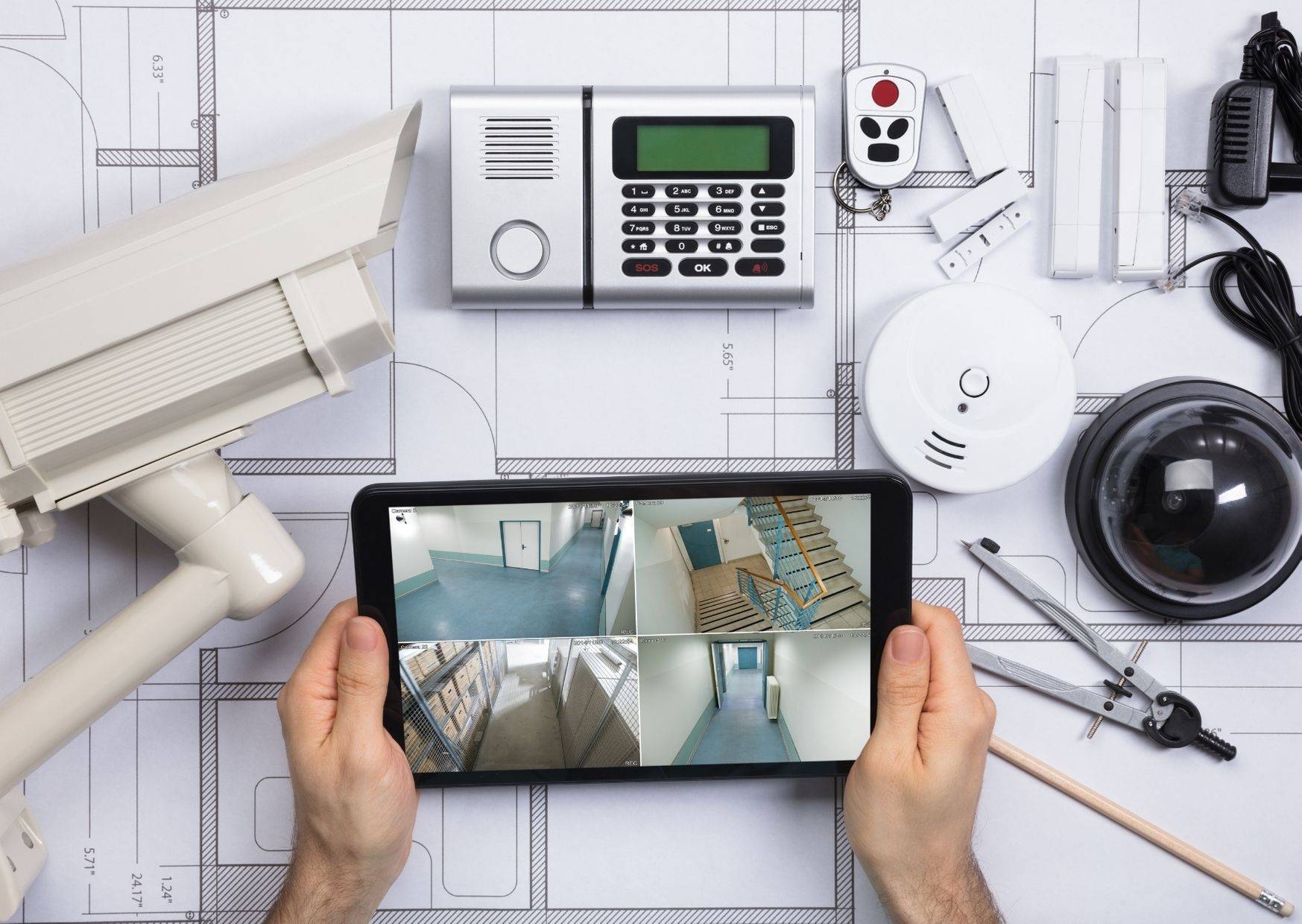As we age, we may want to stay in our own homes for as long as possible. However, security can become a concern, especially if we live alone. Fortunately, there are many home security options available that can help you feel safe and secure in your own home.
Home security systems for seniors can include a variety of features, such as 24/7 monitoring, video surveillance, and emergency response services. These systems can be tailored to our specific needs and budget, and can provide us with peace of mind knowing that we are protected. Additionally, many home security companies offer mobile apps that allow us to monitor our homes and receive alerts on our smartphones or tablet, no matter where we are.
Assessing Home Security Needs
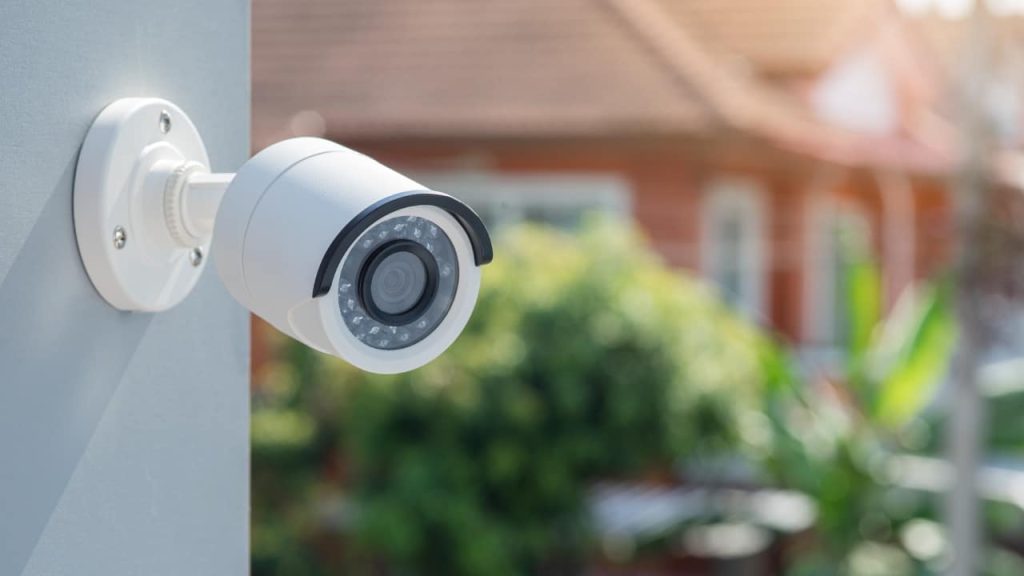
As a senior, it’s important to assess your home security needs to ensure that you’re protected against potential threats. Here are some steps to help you identify and address any vulnerabilities in your home security.
Identifying Vulnerable Areas
The first step in assessing your home security needs is to identify any areas that may be vulnerable to break-ins or other security threats. Consider the following:
- Doors and windows: Are all your doors and windows secure? Do they have sturdy locks and are they made of strong materials?
- Lighting: Is the outside of your home well-lit? Do you have motion-activated lights that can deter potential intruders?
- Landscaping: Is your landscaping well-maintained? Are there any overgrown bushes or trees that could provide cover for someone trying to break in?
- Security systems: Do you have a security system installed? Is it up-to-date and functioning properly?
Once you’ve identified any vulnerable areas, you can take steps to address them. For example, you might consider installing stronger locks on your doors and windows, adding more lighting around the outside of your home, or trimming back any overgrown landscaping.
Evaluating Your Security System
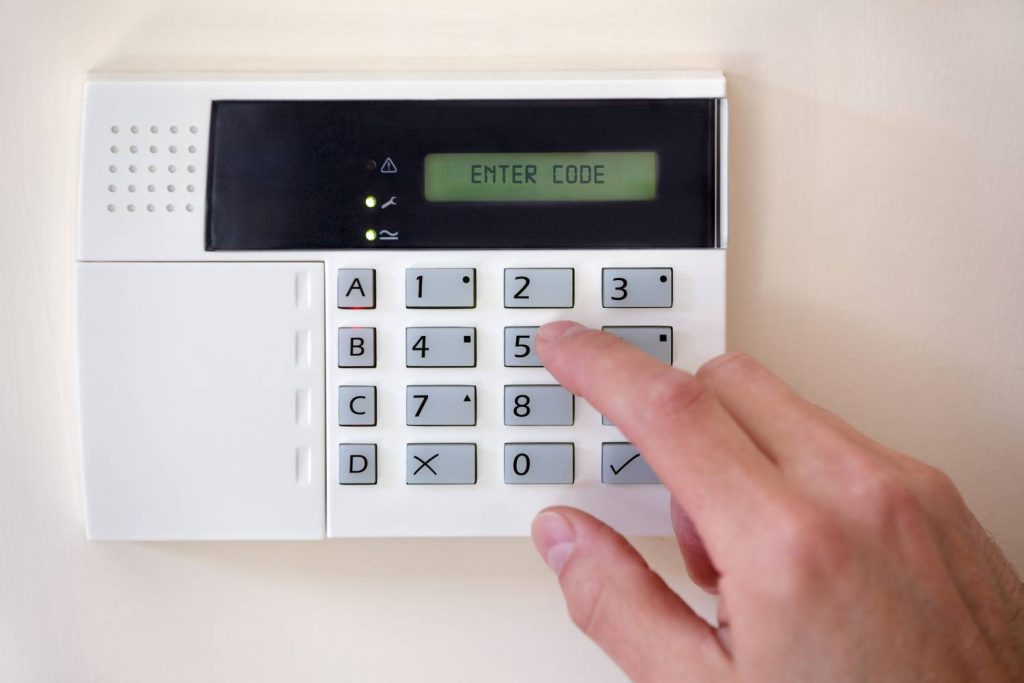
If you already have a security system installed, it’s important to evaluate its effectiveness. Consider the following:
- Monitoring: Is your security system monitored 24/7? Do you receive alerts if there’s a breach?
- Equipment: Is your security equipment up-to-date? Are there any areas where you could use additional sensors or cameras?
- Maintenance: Is your security system regularly maintained and tested to ensure that it’s functioning properly?
If you have any concerns about the effectiveness of your security system, it’s important to address them promptly. This might involve upgrading your equipment, scheduling regular maintenance checks, or switching to a different security provider.
Creating an Emergency Plan
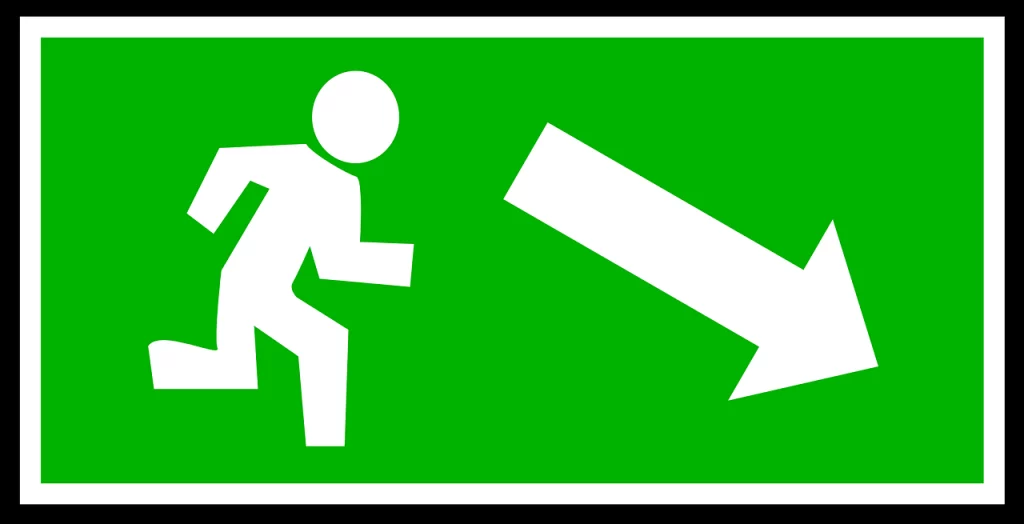
Finally, it’s important to have an emergency plan in place in case of a security breach. Consider the following:
- Escape routes: Do you have a clear escape route in case of a fire or other emergency?
- Emergency contacts: Do you have a list of emergency contacts, including family members, neighbors, and your security provider?
- Safe room: Do you have a designated safe room where you can go in case of a break-in?
By taking the time to assess your home security needs and address any vulnerabilities, you can help ensure that you’re protected against potential threats and enjoy greater peace of mind.
Improving Home Security
As a senior, you want to feel safe and secure in your own home. Fortunately, there are many ways to improve your home security and protect yourself from potential threats. In this section, we will discuss some effective ways to improve your home security.
Installing Security Systems
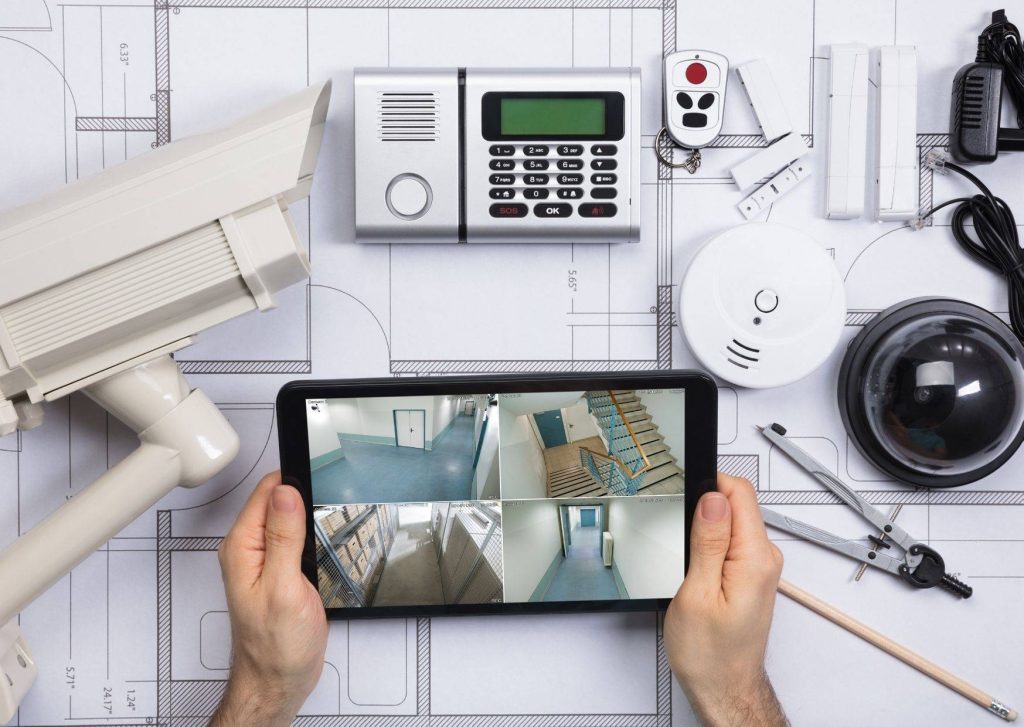
One of the best ways to improve your home security is to install a security system. A security system can provide you with peace of mind and protect your home from burglars and other intruders. There are many different types of security systems available, including wireless systems, wired systems, and DIY systems.
When choosing a security system, it’s important to consider your specific needs and budget. Some systems offer 24/7 monitoring, while others allow you to monitor your home yourself through a mobile app. You may also want to consider additional features, such as video surveillance or home automation.
Reinforcing Doors and Windows
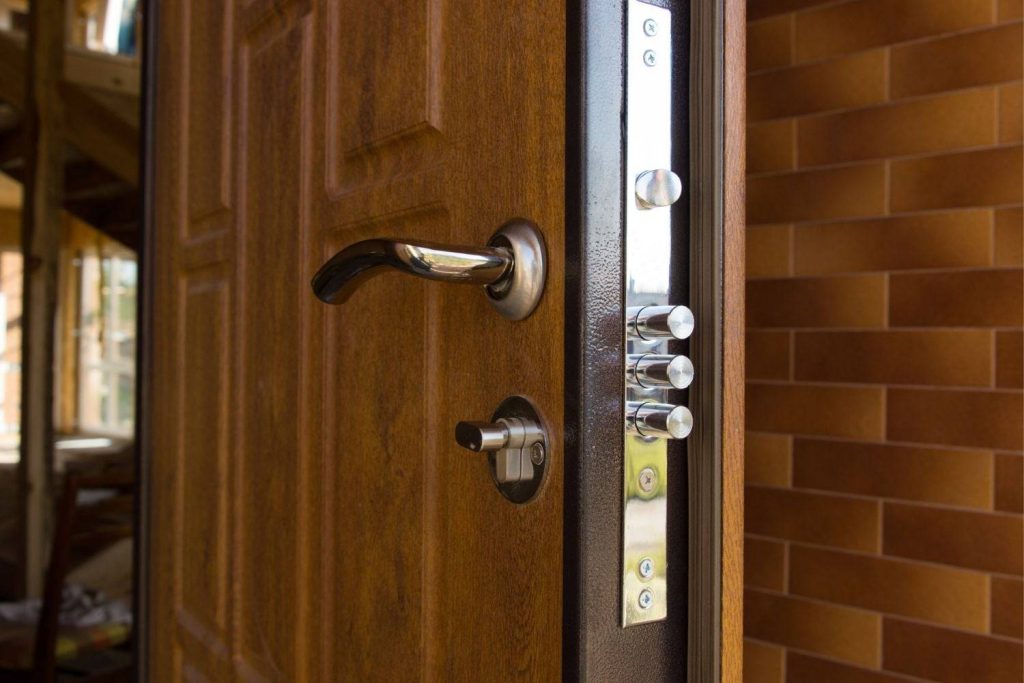
Another important aspect of home security is reinforcing your doors and windows. This can help prevent burglars from entering your home and provide an extra layer of protection. There are many different ways to reinforce your doors and windows, such as adding deadbolts, installing security bars, or using reinforced glass.
It’s also important to make sure that all of your doors and windows are in good condition and properly secured. Check for any cracks or gaps in the frames and make sure that all locks are functioning properly.
Lighting and Landscaping
Lighting and landscaping can also play a role in improving your home security. Adequate lighting can help deter burglars and make it easier for you to see any potential threats. Consider installing motion-activated lights near your doors and windows, as well as in your yard.
Landscaping can also be used to improve your home security. Trim any overgrown bushes or trees that could provide cover for intruders. You may also want to consider planting thorny bushes or installing a fence around your property.
By taking these steps to improve your home security, you can feel safer and more secure in your own home. Remember to always be aware of your surroundings and report any suspicious activity to the authorities.
Emergency Preparedness
As a senior, it’s important to be prepared for emergencies. Creating a plan and stocking emergency supplies can help you stay safe and secure during unexpected events.
Creating a Plan
First, you should create an emergency plan. This plan should include important information such as emergency contacts, medical information, and evacuation routes. It’s a good idea to share this plan with family members, friends, or caregivers so they know how to help you in an emergency.
You should also consider your specific needs when creating an emergency plan. For example, if you have mobility issues, you may need assistance evacuating your home. If you have hearing or vision impairments, you may need special accommodations during an emergency.
Stocking Emergency Supplies
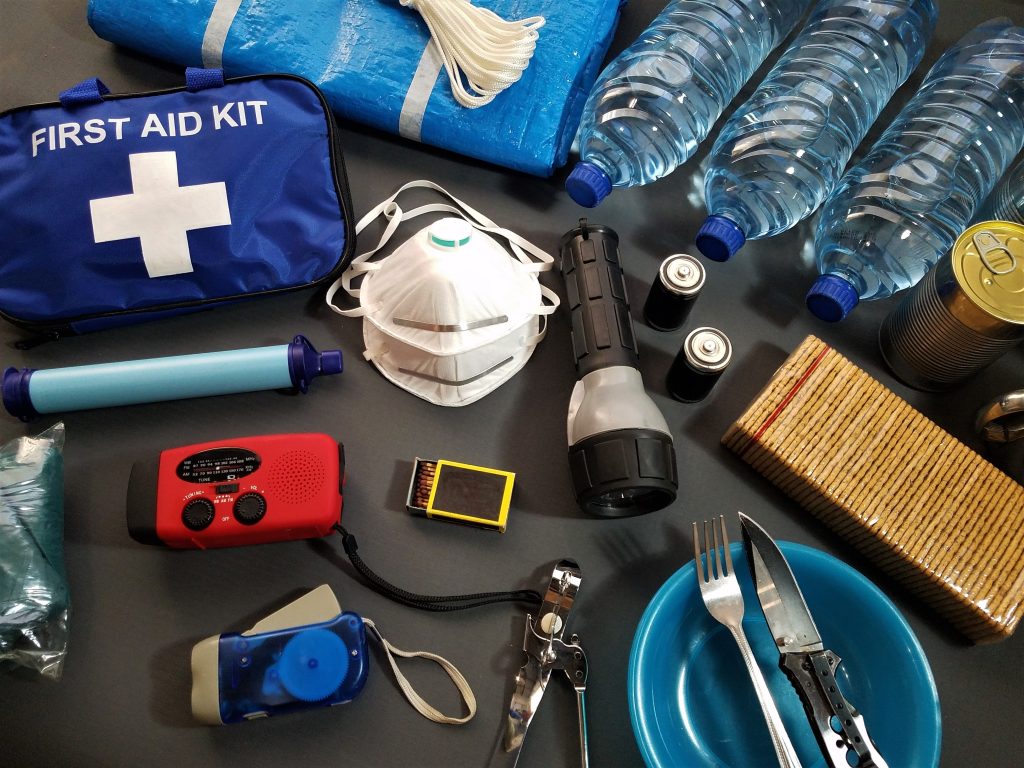
Next, you should stock up on emergency supplies. This includes food, water, and other essential items that can last you for at least 72 hours. You should also have a supply of any necessary medications and medical equipment.
Here is a list of emergency supplies to consider:
| Emergency Supplies | Quantity |
|---|---|
| Water | 1 gallon per person per day |
| Non-perishable food | At least 3-day supply |
| Medications | At least 7-day supply |
| First aid kit | Including any necessary medical equipment |
| Flashlight | With extra batteries |
| Whistle | To signal for help |
| Dust mask | To filter contaminated air |
| Blanket | To keep warm |
| Cell phone charger | With backup battery |
By creating a plan and stocking emergency supplies, you can be better prepared for unexpected events. Remember to keep your plan and supplies up-to-date and easily accessible.
Staying Safe Outside the Home

As a senior, staying safe outside the home is just as important as staying safe inside the home. Here are some tips to help you stay safe when you’re out and about.
Personal Safety Tips
When you’re out in public, it’s important to be aware of your surroundings and take steps to protect yourself. Here are some personal safety tips to keep in mind:
- Walk with confidence and purpose, and avoid appearing vulnerable or distracted.
- Stay in well-lit areas, especially at night.
- Keep your purse or wallet close to your body, and never leave it unattended.
- If you’re carrying a bag, keep it on the side of your body away from the street.
- If someone tries to rob you, don’t resist. Your safety is more important than your belongings.
By following these personal safety tips and protecting yourself against scams and fraud, you can stay safe and enjoy your time outside the home.

